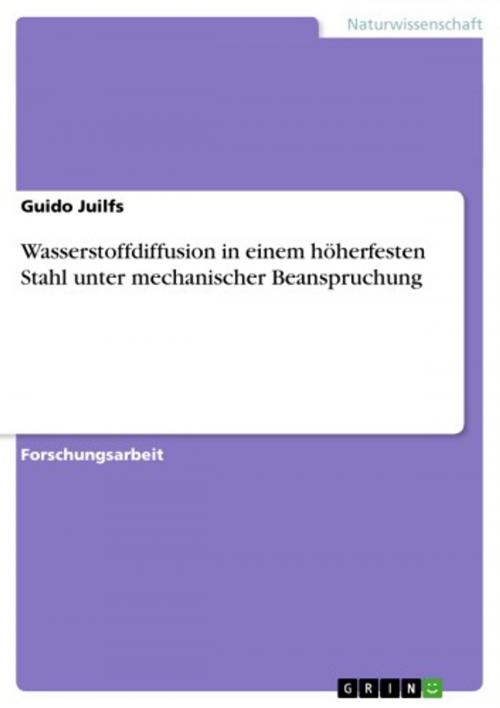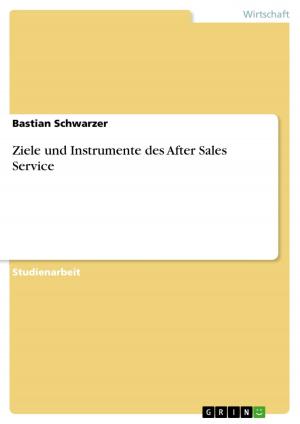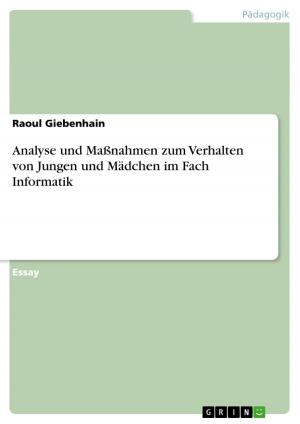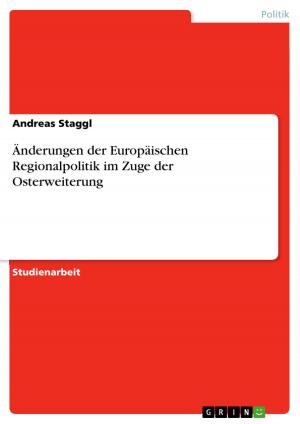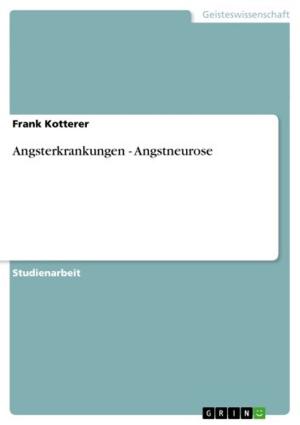Wasserstoffdiffusion in einem höherfesten Stahl unter mechanischer Beanspruchung
Nonfiction, Science & Nature, Technology, Material Science| Author: | Guido Juilfs | ISBN: | 9783638204811 |
| Publisher: | GRIN Verlag | Publication: | July 11, 2003 |
| Imprint: | GRIN Verlag | Language: | German |
| Author: | Guido Juilfs |
| ISBN: | 9783638204811 |
| Publisher: | GRIN Verlag |
| Publication: | July 11, 2003 |
| Imprint: | GRIN Verlag |
| Language: | German |
Forschungsarbeit aus dem Jahr 1998 im Fachbereich Chemie - Materialchemie, Werkstoffchemie, Note: 1, Christian-Albrechts-Universität Kiel (Institut für Werkstoffkunde; GKSS Forschungszentrum GmbH), Sprache: Deutsch, Abstract: The influence of mechanical strain on the hydrogen diffusion in a structural steel (FeE 690T) was investigated using the electrochemical permeation technique. The method was applied without any kind of coating, but surface conditions were strictly controlled. The deformation was introduced either by cold working or by 'in-situ' tensile straining. The hydrogen diffusion turned out to be highly dependent on the degree of deformation. Above yield stress an increasing plastic deformation led to a decrease of the apparent diffusion, whereas above 50% deformation the diffusibility remained fairly constant. Voids and dislocations, which knowingly act as 'sinks' for hydrogen, are considered to be responsible for this observations. The trapping energy was estimated to be -47 kJ/molH. The method by which the material was deformed had no visible effect on the hydrogen permeation.
Forschungsarbeit aus dem Jahr 1998 im Fachbereich Chemie - Materialchemie, Werkstoffchemie, Note: 1, Christian-Albrechts-Universität Kiel (Institut für Werkstoffkunde; GKSS Forschungszentrum GmbH), Sprache: Deutsch, Abstract: The influence of mechanical strain on the hydrogen diffusion in a structural steel (FeE 690T) was investigated using the electrochemical permeation technique. The method was applied without any kind of coating, but surface conditions were strictly controlled. The deformation was introduced either by cold working or by 'in-situ' tensile straining. The hydrogen diffusion turned out to be highly dependent on the degree of deformation. Above yield stress an increasing plastic deformation led to a decrease of the apparent diffusion, whereas above 50% deformation the diffusibility remained fairly constant. Voids and dislocations, which knowingly act as 'sinks' for hydrogen, are considered to be responsible for this observations. The trapping energy was estimated to be -47 kJ/molH. The method by which the material was deformed had no visible effect on the hydrogen permeation.
